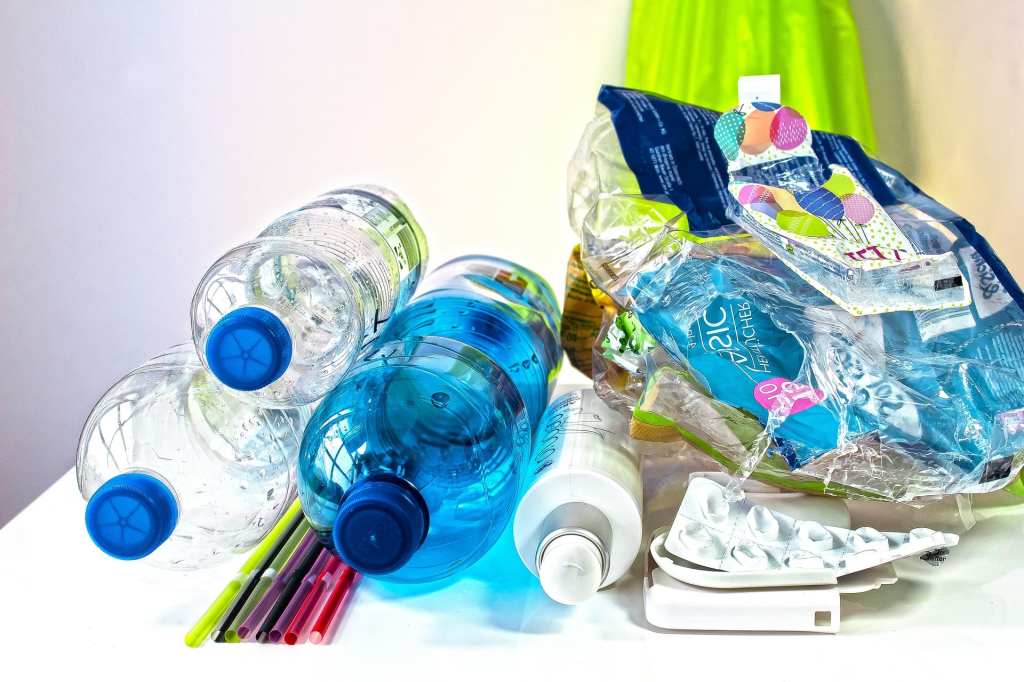Good news! The “highest dumpster in the world” recently had a big clean out.
More good news: the trash is getting upcycled into goods for homes and hotels all over Kathmandu.
Everest had a serious trash problem – thousands of climbers were bringing stuff up that they weren’t taking down with them. Nepal recently forbid single-use plastic in the area to try and prevent the issue from recurring.
Now, empty cans, bottles, canisters and abandoned camping materials are finding new life as drinking glasses, pots, lamps and other housewares. This approach represents the latest innovation in dealing with the environmental damage caused by the climbing industry.
Nabin Bikash Maharjan of local recycling organization Blue Waste to Value (BW2V) told AFP, “We received a mix of materials from Everest — aluminium, glass, plastic, iron — much of which could be recycled. We need to up-cycle and add value to them.”

Photo Credit: Wikimedia
The government of Nepal and some of the mountaineering outfits coordinated on a massive, six-week long clean-up after getting hit with heavy criticism about the conditions of the magnificent mountain.
A team of 14 scaled over 26,000 feet – from base to the camp closest to the summit – to remove ten tons of garbage. That’s the trash that ended up in recycling centers in Kathmandu.
Workers sorted through the pile by hand. Iron was transferred to rod manufacturers, aluminum cans went to utensil manufacturers, and bottles were turned into products for homes, hotels and restaurants. There is even global consumer interest in buying upcycled goods made from Everest waste.

Photo Credit: Pixabay
There is also some bad news, though: the trash collected is only a fraction of what’s on the mountain. The slopes are littered with decades of garbage and abandoned campsites that still need removal.
Agencies involved in cleaning Mount Everest are imposing rubbish deposits and requiring climbers to carry a kilometer (2.2 pounds) of trash with them on their descent. The challenge here is that when climbers are paying tens of thousands of dollars to ascend, another few thousand as a deposit isn’t a guaranteed motivator to bring their trash down.
Perhaps the only real long-term solution to Mount Everest’s garbage problem is to reduce the amount the climbing polluters take up with them.
Or reduce the number of climbers altogether.






